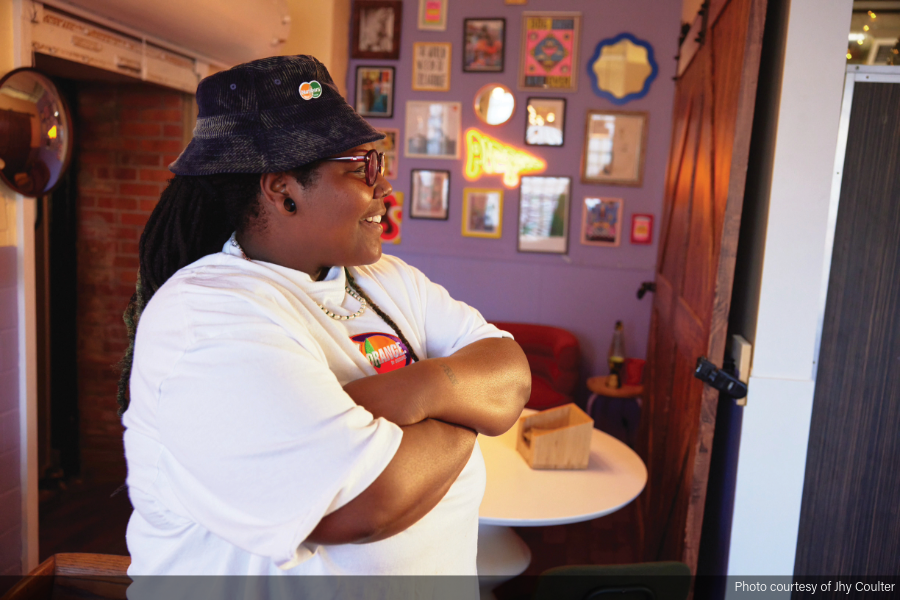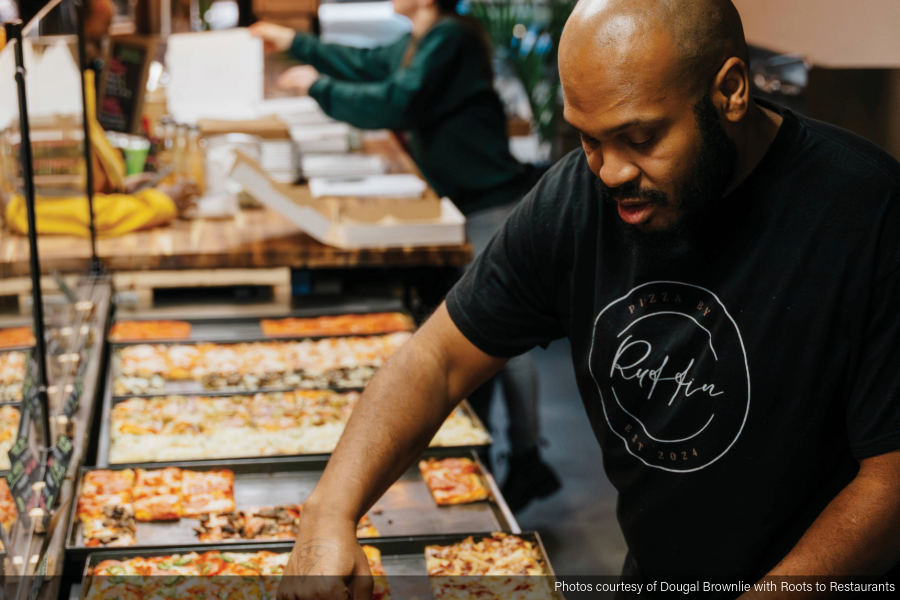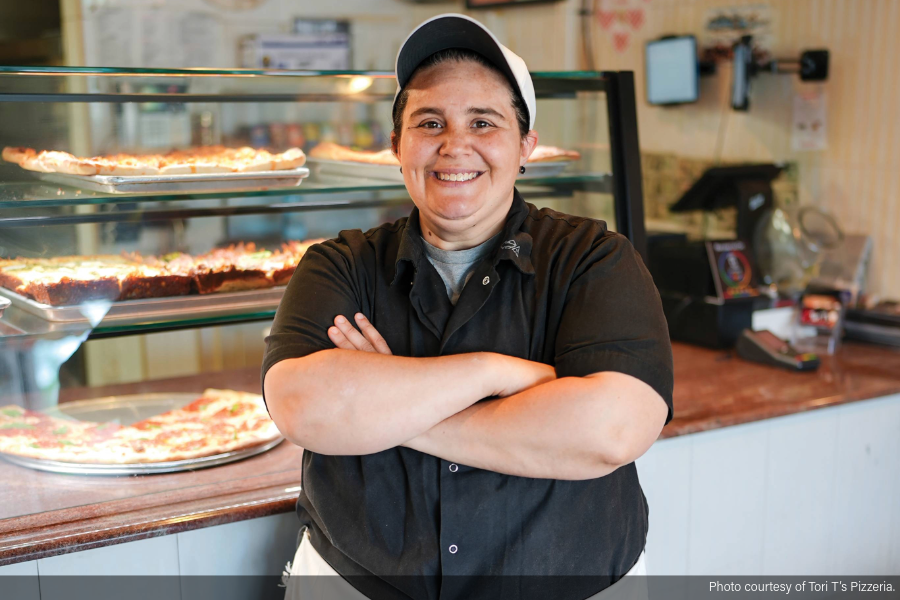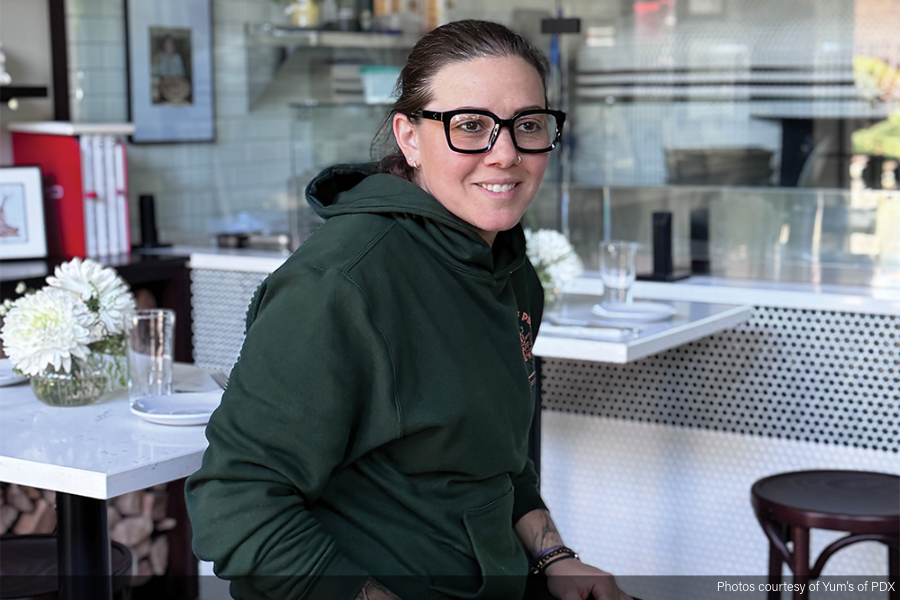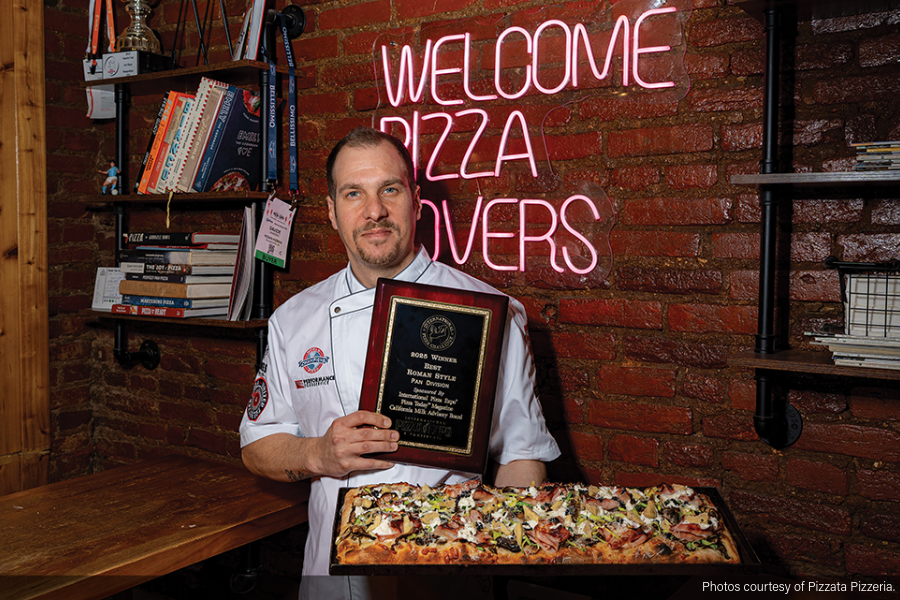Supplier relationships can gain pizzerias more than discounts on products.
For many pizzeria owners, building a solid partnership with suppliers is as important as getting low prices for key ingredients. While food costs are crucial in the restaurant business, operators who build long-term relationships with their vendors say the partnerships are vital for success. There are a few steps to take to maintain the relationship – and some clues as to when to change (or end) the partnership.
When Don Robinson was shopping for a supplier for Parlour Pizza + Pints in the area of Louisville, Kentucky, he wanted to know how other independent restaurants perceived their suppliers.
“One of the things we did when we sat down was, we said, ‘Give me a list of your customers, and we will visit them,’” says Robinson, who is president and CEO of Parlour Pizza + Pints. “You have to have a good relationship.”
Robinson says small, independent pizzerias often perceive that they are not being treated well by their vendors, so he wanted to make sure Parlour would not face this challenge. He also wanted a supplier that could grow with Parlour, which recently opened its seventh location. Parlour signed a multi-year agreement with Performance Foodservice.
“We have a fabulous relationship,” he says. “It is a partnership. We are not shopping three different places every week to see who has the cheapest cheese.”
Communication Is Crucial
Transparency is an important component of the partnership. Performance delivers about 95 percent of the products Parlour’s pizzerias need, Robinson says, and the company negotiated a locked-in percentage over cost on the many different items.
“Then, we go to the food manufacturer, and we negotiate with them for what is going to be the cost,” Robinson says. “It’s a two-step process.”
There is a weekly call for the Parlour team, the sales rep at Performance and the rep’s supervisor to talk about operational issues such as having enough logoed pizza boxes or finding a different sausage purveyor to keep up with demand. The team negotiates a new agreement every few years.
“I really put a lot of stock in relationships,” Robinson says. “Everyone wants to do business with a friend.”
Negotiate Prices and Deliveries
Even if the supplier relationship is a good one, it’s OK to ask for more.
“When working with vendors, almost everything can be negotiated,” says Hengam Stanfield, co-founder of Mattenga’s Pizzeria in San Antonio, Texas. “If we win, they win. With that mindset, you cultivate the relationship.”
By communicating often with her distributor, Stanfield has been able to find out how to get rebates from suppliers, how much cheese she had to buy to qualify for a volume discount and negotiated for deliveries to arrive before 4 p.m. “If you don’t ask, you will never get it,” she says.
Stanfield and her husband, Mattenga’s Pizzeria co-founder Matt Stanfield, meet with their distributor every month to share growth plans, such as the opening of their ninth location and a recent partnership with a local sports organization.
“I recommend having time on the calendar every month for 15 minutes with the sales rep,” Hengam Stanfield says.
There is also a quarterly meeting with distributor managers to discuss issues such as when a driver accidentally tore a bag of flour, whether the supplier can have a key drop for early morning deliveries and to ensure Mattenga’s Pizzeria will get enough cases of wings in time for the Super Bowl. The Stanfields also visit the distribution center occasionally, and the distributor hosts special events such as dinners for the Mattenga’s Pizzeria team.
“They want to cheer us on,” Stanfield says. “That only happens if you view that person as a partner.”
Support Local Vendors
Maintaining a supplier partnership also could mean supporting entities in the local community. “You strengthen the food network and the economy when you purchase locally,” says Renee Kreager, owner of Renee’s Tucson in Arizona. “Of course, it has challenges.”
The biggest challenge is price, and Kreager says the solution for the higher food costs is to educate customers about what they are getting. That way, they understand the special features of menu items and learn they are getting a high-quality pie.
For example, Renee’s buys beer from a local brewery. “What we offer is we are going to put your name on the menu, and we have a service team that will speak of your items fondly,” she says. “That goes a long way. People learn the value in that business, and that fosters that relationship.”
Being local is not the only feature Kreager looks for in a vendor. She also asks if they deliver, the delivery minimum, shelf life of the product and delivery dates. Some vendors don’t deliver. Renee’s purchases gluten-free dough from an area bakery, and Kreager says driving there to pick up the dough is better than trying to prepare it in-house in the same area as flour-based dough.
Vendors and restaurants both benefit by maintaining the partnership as they grow. More than 12 years ago, when it became difficult for the pizzeria (then called Renee’s Organic Oven) to always purchase organic ingredients, Kreager helped a local business owner buy beehives to launch an apiary. Today, the honey producer guarantees Renee’s a certain amount of honey. “He’s not going to get mad at me when I want more,” Kreager says.
Kreager occasionally must change vendors. For years, Renee’s bought beef for the grass-fed meatballs and grass-fed meat sauce from a local rancher. Then, the rancher had trouble meeting demand, and the price point increased.
“I am not going to look at my vendor, the local rancher, and ask her if she can do it cheaper, because that’s just insulting,” she says. “We love this product and this relationship, but I know this is the top end of what we can charge.” Together, they decided on a date for the last delivery, and Kreager looked for a different beef supplier.
“Everything in the industry is relationship-driven,” Kreager says. “When you own your own business, you are vulnerable to everything: the trends, the influencers. The thing we can be best beholden to and take pride in is our communities.”
NORA CALEY is a freelance writer who covers small business, finance and lifestyle topics.




